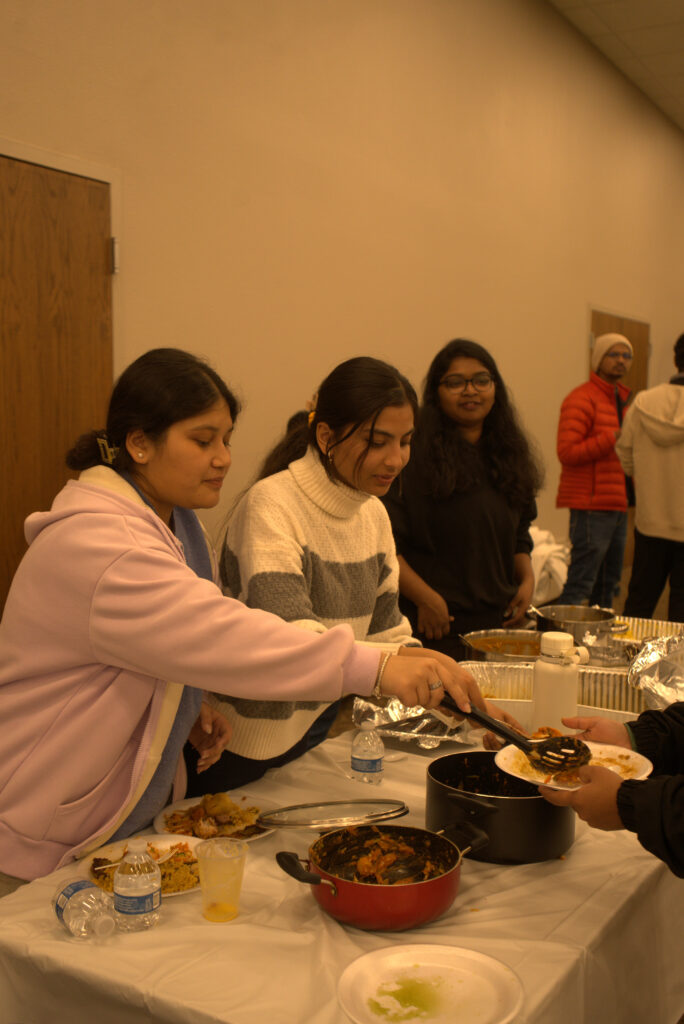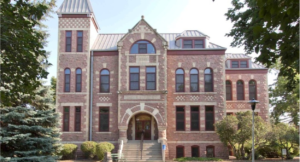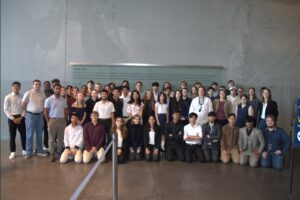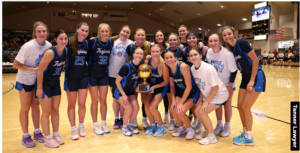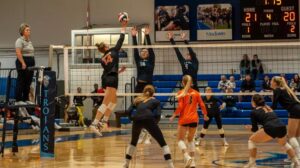SRO: More Like SR-NO
From November of 2018 until early February of 2019 Student Senate introduced a new process for clubs to go through in order to receive funding for the upcoming academic year. Almost all clubs were affected on campus, including one that was not contacted and unable to request funding.
So what exactly is an SRO? An SRO is a Student Run Organization. This replaces the term of clubs on campus and an organization that still categorizes themselves as a club they are unable to receive funding from GAF or Senate. There are a number of requirements necessary to be considered an SRO:
- Be open to all students.
- Have an executive board comprised of students and elected by the active members.
- Have at least ten (10) active student members.
- Active members shall be defined in each SRO’s constitution.
- Present to the Senate once a year at a regular Senate session before February of that school year.
- Have an up to date constitution on file with the Senate.
- Submit a yearly financial report to the SRO Audit Committee.
- Follow Dakota State University Policy.
- Report a list of active members to the SRO Audit Committee by February.
- Work with the SRO Audit Committee and Public Relations Chair to keep information about the SRO updated on the DSU and Senate website.
If a club meets all of these requirements, they still had the task of meeting all of the deadlines set or risk losing funding for the next year. This year the process was put into motion at the beginning of November for the clubs. An email was sent to all known presidents of clubs informing them of the process and everything they needed to complete within the deadlines. On top of meeting all the requirements, the clubs needed to complete all documentation and have it approved by Student Senate before February 1st. The steps necessary to complete the SRO process:
- Send your information for the DSU website to ([email protected]) including club name, description of your club and what you do, meeting time and place, advisor’s name and email, (Optional) website or another means of contact
- Submit your SRO Application to Student Senate.
- Have your SRO Application approved by senate within 24 hours of submission.
- Submit your new SRO Constitution (A template constitution was sent out when the application was approved).
- Have your new SRO Constitution approved by SRO Funding Committee (Senate sent an email notification about approval).
- Have your New SRO Constitution approved by YOUR club (a ⅔ vote of the active members).
- Email [email protected] that your club has approved your Constitution.
- Get approved by Student Senate (SRO Audit Committee emailed informing clubs of the date of their approval. Senate would approve the SRO status at the club presentation).
- Present About Your Club at a Student Senate Meeting (Presentation had to be completed at a Senate meeting by February 1st.)
- Submit a list of this year’s active members to [email protected] (using Active Member definition in your SRO Constitution.)
- Submit a financial report to [email protected] (Documents were sent to clubs, they needed to fill in their budget information and present to Senate their proposed budget.)
All of this, not including the financial report, had to completed by February 1st. This left most of the organizations three months to complete the process. Winter break was also included within this time frame, limiting the amount of time to two months. In speaking with presidents and officers of a few of these organizations there were mixed feelings regarding the changes.
This time frame did cause some strain on a few of the club officers who went through it. Gabriel Simao, co-president of the International Club said “This is still a lot of work for a student to go through. Clubs were not supposed to be the priority instead of classes, but it was for me during a month just to make sure my club would have a chance to get budget for next year.”
There was also a lack of communication between S
The lack of communication and time constraints made it difficult for the clubs who had started the process with the needed requirements. There were some clubs who had to meet the requirements before applying and others who had to change some key aspects within their clubs to qualify.
Marissa Guillory is president of The Alliance, The DSU Art Club, and co-president of AAUW. She is also a member of Student Senate and served on the SRO Funding Committee. None of the questions she answered serve as a reflection of Student Senate, or the SRO Committee. All questions were answered as a club president who went through the process.
Marissa commented that the process caused her to reevaluate how her clubs were organized, “For The Alliance we had to fight for our right to define our membership in a way that best suited the club.”
There was belief amongst most of the officers that it did create some organization within clubs, however. “It somewhat brought more organization for the international club,” Simao.
Guillory stood by the process and believed that it helped hold clubs accountable on campus. “The new process brings much needed organization and accountability to student organizations and the people overseeing their creation and funding.”
Considering all of the factors it does seem possible that the process can be improved upon. Having a larger time frame, and clearer communication would help to benefit the clubs and the process. Although the SRO process is likely here to stay we can hope that it will get better with time.
